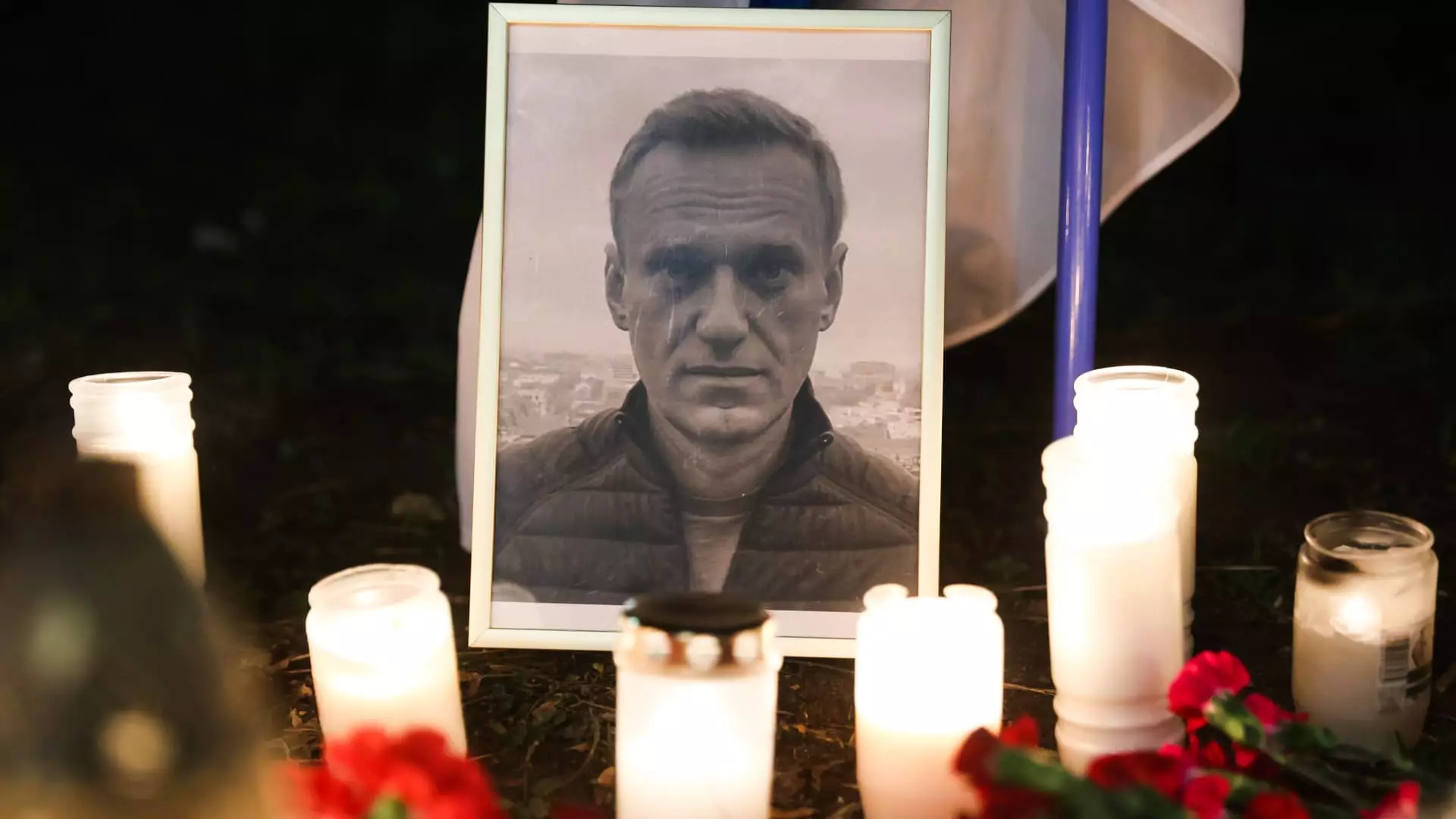The confirmation of the death of Putin dissident Alexei Navalny came on Saturday, following reports from Russian media the day before. Navalny’s team had initially stated they could not verify the activist’s passing, but his spokesperson, Kira Yarmysh, later confirmed his death on social media. According to Yarmysh, Navalny’s mother received an official notice of his death, which occurred on February 16 at 2:17 p.m. local time. The body of Navalny was reported to be in Salekhard and had been collected by the Investigative Committee of Russia for further investigation.
The death of Navalny has elicited widespread dismay from international leaders and high-profile figures. Many have raised questions about Putin’s potential involvement in the incident. Ukrainian President Volodymyr Zelenskyy, speaking at the Munich Security Conference, accused Putin of holding onto power “through corruption and violence.” Zelenskyy emphasized that Navalny’s death sends a clear message regarding Putin’s tactics. The ongoing conflict in Ukraine and Navalny’s demise have taken center stage at the security conference, drawing global attention and concern.
In the aftermath of Navalny’s reported death, more than 200 people were detained in Russia during rallies held in his memory. According to a spokesperson for Russian human rights group OVD-info, over 27 individuals were detained in Moscow, and 108 in St. Petersburg. The Western response to Navalny’s death was labeled as “self-exposing” by Russia’s Foreign Ministry, citing the absence of a forensic medical examination at the time. The Kremlin has vehemently denied any involvement in Navalny’s poisoning and has pledged to investigate his death thoroughly.
Navalny’s supporters and family have called for transparency and accountability following his death. Yarmysh revealed that Navalny’s mother and lawyer attempted to visit the morgue, only to find it closed. The urgency to uncover the truth behind Navalny’s demise has heightened tensions and garnered international attention. As the investigation unfolds, pressure mounts on the Russian government to provide conclusive evidence and ensure justice for Navalny and his supporters.
The death of Navalny has raised significant implications for Russian politics, especially with presidential elections looming on the horizon. President Vladimir Putin is widely expected to secure another mandate, further solidifying his grip on power. However, Navalny’s passing and the ensuing controversy have cast a shadow over the electoral process and Putin’s leadership. The international community continues to monitor developments in Russia closely, advocating for justice and democracy in the face of adversity.
The death of Alexei Navalny marks a pivotal moment in Russian politics and global affairs. The circumstances surrounding his passing have sparked outrage and debate, prompting calls for a thorough investigation and accountability. As Navalny’s legacy endures, his supporters remain steadfast in their pursuit of justice and democracy, determined to uphold his vision for a better future.

Leave a Reply